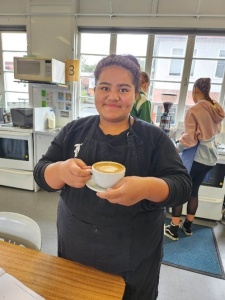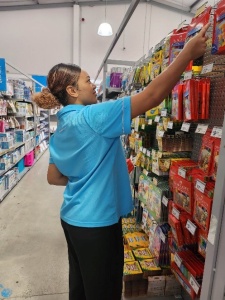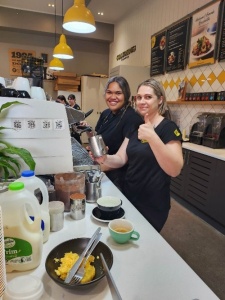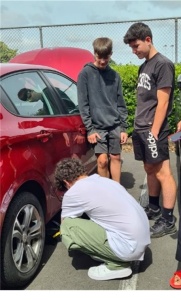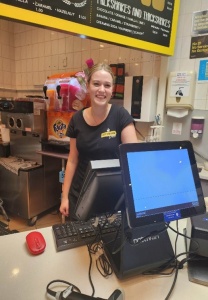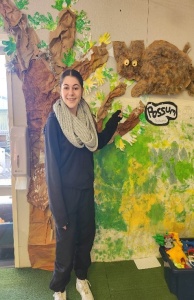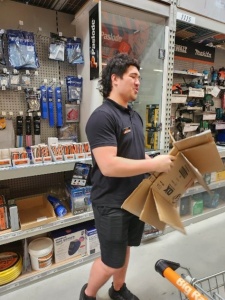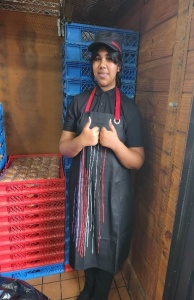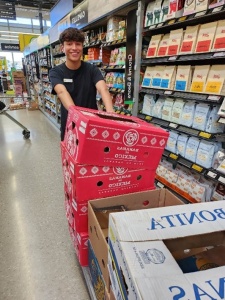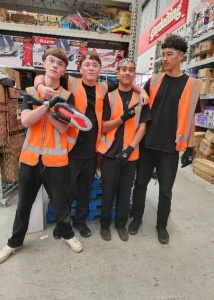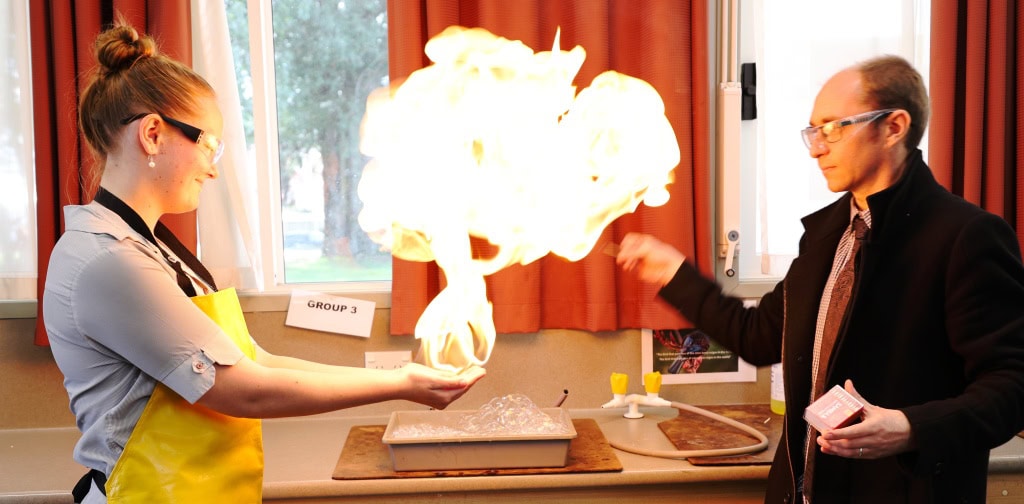
Careers
All Career updates can be found on Pukekohe High School CareerWise. Find the latest notices, opportunities, and events.
Preparing Students for the Future
Our Mission
- To empower students by providing resources to foster future life skills and to make good life choices.
- To teach students how to identify career opportunities that fit their skills, interests, values and personality through relationships with education providers, industry training and employment groups.
- To expose our students to as many pathway opportunities as possible.
- To successfully transition students from school to a career and/or study and/or work.
The Careers Centre is located in the N5. The Careers Centre is open to all students, from all year levels. Seniors are strongly encouraged to regularly check in to familiarize themselves with the latest information from Trades, Tertiary Institutions, and Employers. The Careers Advisors provide one-to-one assistance with career decision making and pathway planning. Up-to-date information is available on courses and career opportunities, as well as support, advice, and guidance for all senior students. Students are encouraged to learn how to self-manage their career enquiries and personal development throughout their lives.
Contact: Mrs Jane Jolly, Mrs Sam Kelsall & Mrs Kate Saunders – Careers & Gateway careers@pukekohehigh.school.nz
Gateway
Gateway is an opportunity to do work experience in an industry that you may be interested in as a career. Relevant Unit Standards can be obtained during the Gateway placement. Year 11, 12 & 13 students are encouraged to apply at the Career Centre. Gateway can be done either during Term time (one day a week) or during school holidays. As well as working towards unit standards from the National Qualification Framework (NZQA), students will also learn practical industry skills and gain industry knowledge relevant to their field of interest.
Examples of Gateway Placements include:
| · Aircraft Engineering (Y12 & Y13)
· Automotive · Automotive Engineer · Barista/Cafe · Barbering · Customer Service · Construction · Diesel Mechanic |
· Early Childhood
· Hair and Beauty and SFX Makeup · Healthcare · Hotel Services · IT · Flight Attending · Hospitality · Marine Engineer |
· Programming
· Primary School Teaching · Travel/Tourism · Security · Scaffolding · Warehousing & Distribution |
To register your interest contact Gateway: kls@pukekohehigh.co.nz

